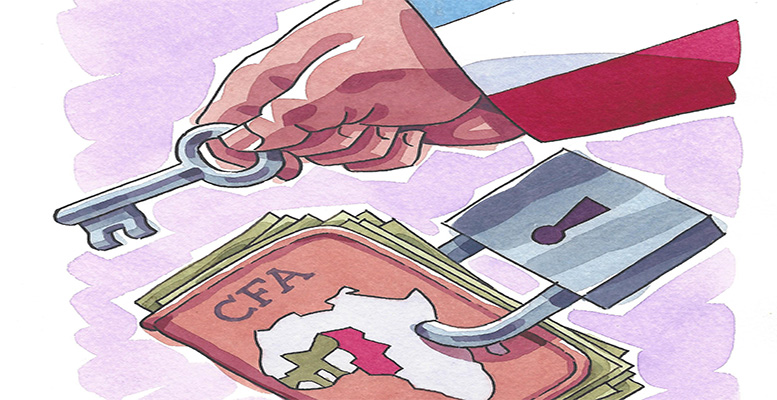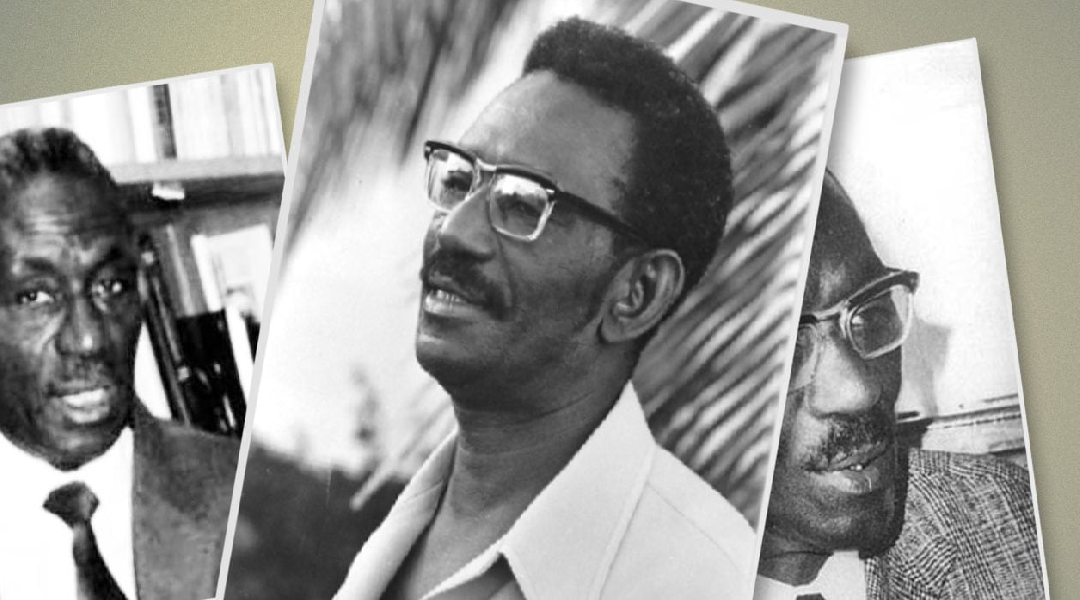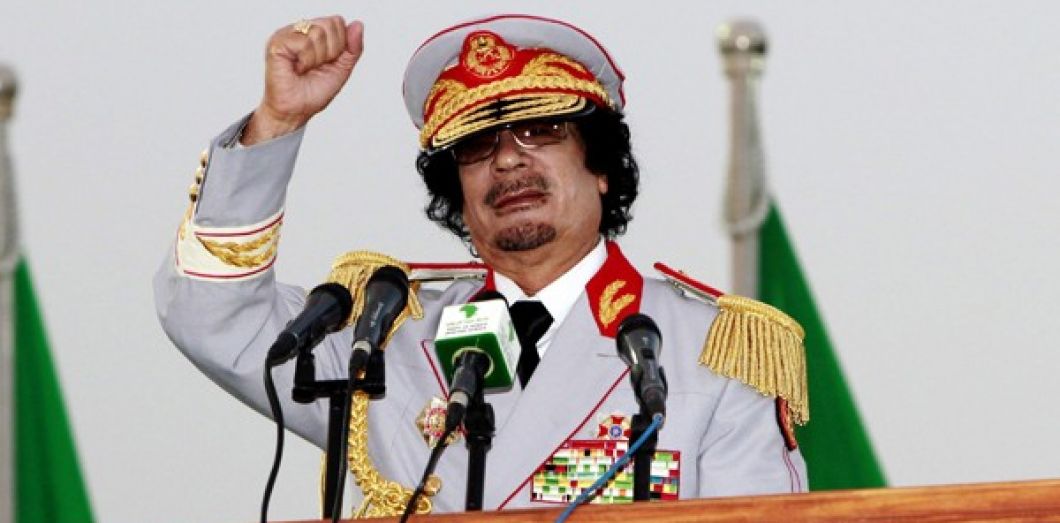Independence or Re-Dependency:
What Definition of "Independence" for France's Former Colonies
The CFA Franc: A Practical
Currency or a Tool of New Colonialism?
The CFA franc was originally
used by Francophone countries in Sub-Saharan Africa, meaning "African
Colonies of France" (in 1945) and later (from 1960) "African
Financial Community" and "African Financial Cooperation". is the
French abbreviation of a currency.
The CFA franc is
the common currency for the "franc zone" states created on the eve of
the Second World War. It consists of three regions, each with a central bank
and its own currency: the West African Monetary Union (UEMOA) region consists
of 8 Member States: Benin, Burkina Faso, Ivory Coast, Guinea-Bissau, Mali,
Niger, Senegal, and Togo. These countries use the West African CFA franc (XOF).
The Central African Monetary Union (UMAC) region consists of 6 Member States:
Cameroon, Central African Republic, Chad, Congo, Equatorial Guinea, and Gabon.
These countries use the Central African CFA franc (XAF).
The CFA franc is
pegged to the Euro at a fixed exchange rate. This means that it has a stable
value and its value does not change relative to the Euro. The value of the CFA
franc is administered by the Central Bank of West African States (BCEAO) for
Western countries and by the Central Bank of Central African States (BEAC) for
Central African countries. The flow of the CFA franc is controlled by these two
central banks and is guaranteed by the French Treasury. This means that France
has the authority to lower or raise the value of the CFA franc if necessary.
The central banks of the CFA franc zone are also responsible for maintaining
monetary stability and managing their countries' foreign exchange reserves.
However, there is a French representative among the board members of these
central banks. The CFA franc is mainly used for business and financial
transactions in the CFA franc zone. It is also used as a reserve currency by
several countries outside the CFA franc zone. The stable value of the currency
makes it a reliable currency for international transactions.
The fact that the
CFA franc is generally seen as a tool of neocolonialism is due to its
association with the euro and the fact that France has a say in the monetary
policy of the countries using the CFA franc. This means that France can
influence the exchange rates and interest rates of these countries, which in
turn can have an impact on their economy. In addition, the CFA franc largely
lacks transparency and has a significant impact on the economic stability of
these countries.
The CFA franc is also the
engine of the FranceAfrica machine. FranceAfrica is a concept that expresses
the complex relations that existed between France and its former colonies in
Africa, which enriched France on the one hand and the selfish and visionless
leaders of the Francophone states on the other, to the detriment of the African
peoples. This concept was coined in the 1950s and 1960s to describe the
influence of France on the political and economic affairs of African countries.
It is a short description of France's stifling of African countries' resources
and economies, with the CFA franc at its center.
CFA Franc: What Advantages and
What Disadvantages?
Even though there are several
advantages associated with the CFA franc, the first disadvantage alone will tip
the balance: financial dependence. Because under no circumstances can we talk
about the independence of a state without financial independence. The main
advantages of the CFA franc can be summarized as follows:
1. Stability of value: The CFA franc, pegged to the euro
at a fixed exchange rate, has a stable and predictable value, which is
beneficial for companies and investors.
2. Reliability: Guaranteed by the French Treasury, the
CFA franc is considered a reliable currency which makes it attractive for
international transactions.
3. Saving and investing: The CFA franc is a safe and
stable way to save and invest, as it is not subject to currency volatility.
However, there are
a few disadvantages associated with the CFA franc. The biggest disadvantage is
monetary dependency. Indeed, the CFA franc system lends itself to prosecuting
neocolonialism, particularly because of its obligation to deposit 50% of
reserves in the French Treasury. However, it can be explained by other
disadvantages such as:
1.
Low-interest rates: CFA franc
interest rates are generally low, which can be a disadvantage for investors who
want a high return on their investment;
2. Debt
restructuring: Some CFA franc zone countries experienced debt problems and had
to resort to debt restructuring programs, which had an impact on their economy
and the value of the CFA franc;
3. Making exports more difficult: Because the CFA franc
is pegged to the euro, it makes it a strong currency, thus making the economies
of the region suffer from price competitiveness in exports. In other words, a
strong currency acts as a tax on exports and a subsidy on imports, making it
difficult to balance the trade balance;
4. Weakness of intra-community trade: Trade between
regional economies is structurally low, ranging from 10% to 15% of regional GDP
for IEMOA and 7% to 10% for CEMAC. This weakness of intra-Community trade is
not surprising: as long as the regional economies have primary integration into
international trade, they are more interchangeable than complimentary. A
typical example is the export of processed products such as cotton and oil.




Laisser un commentaire